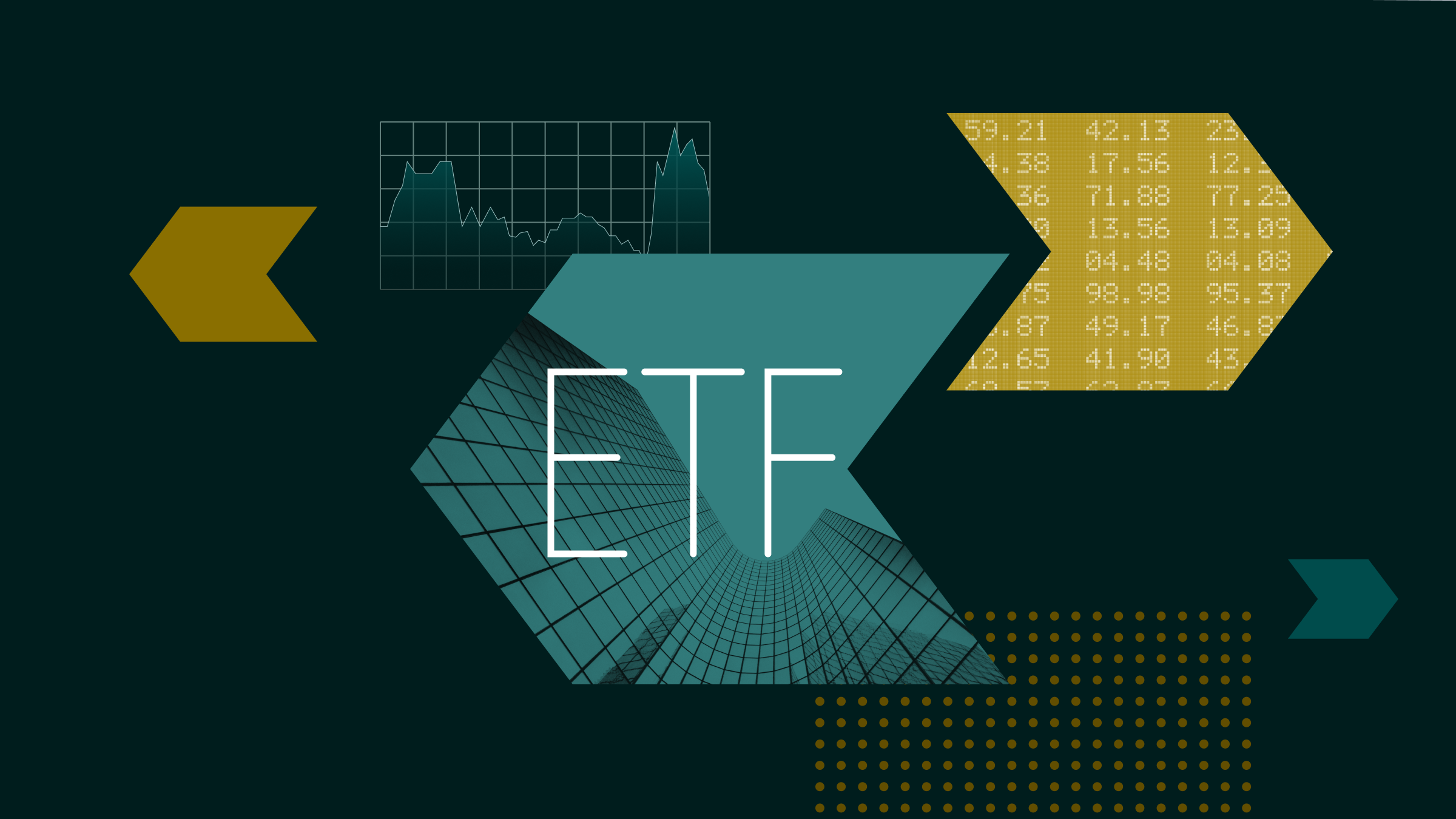The Great Recession of last year took its toll on the alcoholic beverages industry. Traffic at bars and restaurants was down, shifting some consumption to the less profitable at-home channel, while weak consumer spending led to trading down in most categories. As the global economy recovers, consumption growth in developed markets is proving to be very sluggish. We think there are three ways for companies to achieve growth in the current environment: cutting costs to grow earnings; increasing exposure to emerging markets; and growth by acquisition.
Manufacturers Are Cutting Costs to Grow Earnings
With revenue
growth anaemic in mature markets, the alcoholic beverage giants are
looking to grow earnings by cutting overhead costs such as back-office
functions and by making distribution more streamlined. Anheuser-Busch
InBev's (ABI)
modus operandi is to acquire companies and slash costs. Since the merger
of the two beer giants in 2008, the company has realised $1.6 billion of
the $2.25 billion planned synergies over a three-year period. We
forecast an operating margin of approximately 29% in 2010, which should
increase by another 100 basis points over the next five years. SABMiller
(SAB)
and Molson Coors (TAP)
are pursuing a similar strategy in the United States with the
MillerCoors joint venture. The joint venture now expects to save $750
million in annual operating costs by 2012, and we forecast the cost
savings to add a further 5 percentage points and 1 percentage point to
the operating margins of SABMiller and Molson Coors, respectively.
Emerging Markets Offer Growth Opportunities
Favourable
demographic trends, such as falling mortality and urbanisation, together
with export-driven economic growth, are fuelling consumption growth in
developing markets. The burgeoning middle classes are knocking back
increasing quantities of branded alcoholic beverages, which is leading
to high-single-digit growth rates in markets such as Asia and Latin
America. Pernod Ricard (RI)
this week revealed that it achieved revenue growth north of 30% year
over year in China, India, Vietnam, and the Philippines. Companies with
the strongest foothold in these markets will be best-placed to exploit
this trend. We estimate that Diageo (DGE)
generates around 40% of its revenue from developing markets. Even Diageo
trails Pernod-Ricard in China, however, where the popularity of the
company's Martell cognac brand makes Pernod the leading international
spirits manufacturer. In the beer industry, SABMiller generates around
two thirds of its revenue in developing economies, in no small measure
due to its routes in South Africa. As a gateway to other alcohol
categories, brewers may benefit first from growing per capita
consumption, while wine and spirits makers are likely to have a longer
growth trajectory.
Beverage Giants Are Likely to Acquire Growth
Although a great
deal of industry consolidation has already taken place, we expect the
beverage giants to continue to make acquisitions. We expect most deals
to be tuck-in acquisitions of smaller players, such as Pernod's
acquisition of Absolut vodka in 2008, or of individual brands. However,
we think there are some blockbuster deals still out there. Fosters Group
is breaking up its beer and wine segments, and we expect the major
global brewers to all be interested. SABMiller is the most likely
acquisitor, given that it has a stronger balance sheet than
Anheuser-Bush InBev, which is still dealing with the integration of
Anheuser-Busch. Boston Beer (SAM)
owns Sam Adams, the most popular brand in the "better beer" category,
the only growth spot in the domestic industry. Millennials are switching
from mass-produced beers to higher-quality crafts and imports, and we
don't think the big players can ignore the trend for much longer.
SABMiller has launched its craft brand Leinenkugel, and Molson Coors has
Blue Moon, but neither has achieved the penetration of Sam Adams. With
its market cap being just under $1 billion, any of the industry leaders
could swallow Boston Beer.
Molson Coors Offers Upside Now; May Become Acquisition Target
Although
our alcoholic beverages coverage universe is generally trading at modest
premiums to our fair value estimates, one name may offer investors an
opportunity to play all three trends we've identified: Molson Coors. The
firm's joint venture in the US with SABMiller is expected to generate
$750 million in annual savings by 2012, as manufacturing facilities are
integrated and distribution costs lowered. We think the market is
missing the value of the joint venture, and the firm is trading at a
subdued 13 times our estimate of 2010 earnings per share and less than
10 times enterprise value/earnings before interest, taxes, depreciation,
and amortisation. If the firm can deliver on its expected cost savings
and bolster its operating margins up to the high 20% range, in line with
similar-sized competitors, this could prove a catalyst for the stock.
Over the longer term, Molson Coors will have to enter new markets
organically, which is risky, and given the firm's past failures in this
regard, unlikely; make acquisitions, preferably in emerging markets; or
itself be acquired. We think SABMiller would be the most likely suitor
given the two firms' combined operations in the US and the strength of
SABMiller's balance sheet.
Philip Gorham is a stock analyst for Morningstar.

























